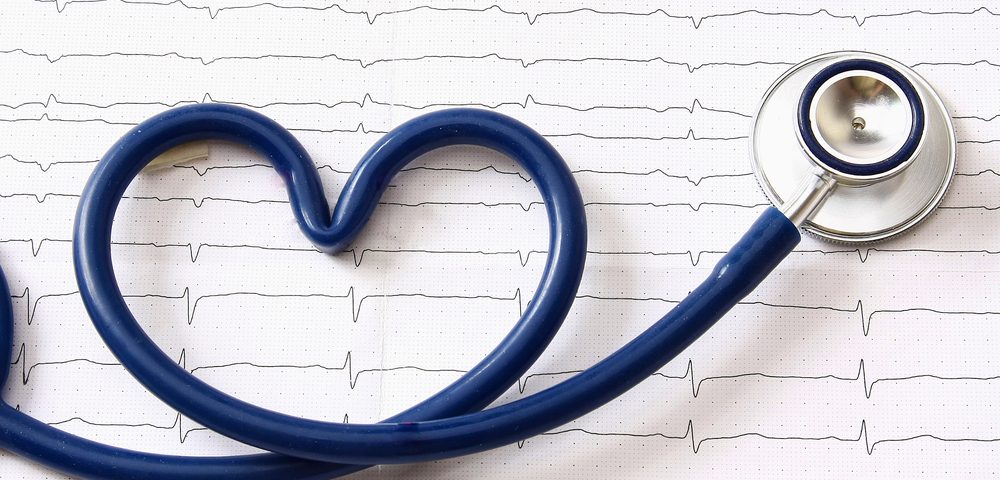Women with endometriosis may have an increased risk for coronary heart disease (CHD), according to the study “Endometriosis and Risk of Coronary Heart Disease,” developed by researchers at Harvard T.H. Chan School of Public Health in Boston, and published in Circulation: Cardiovascular Quality and Outcomes.
Endometriosis is a chronic disease that affects about 10 percent of women in reproductive age. It has been linked with systemic chronic inflammation, increased oxidative stress, and high levels of LDL (the bad cholesterol), all known to be involved in atherosclerotic CHD, a condition caused by a blockage of the arteries of the heart with atherosclerotic plaques.
Hysterectomy and oophorectomy — the surgical removal of the uterus or the ovaries, two common endometriosis surgical treatments — induce menopause at an early age, which may also elevate the risk of CHD.
Although this suggest that endometriosis may increase the risk of CHD, no previous studies have addressed the association between both diseases. Therefore, a team of researchers led by Stacey A. Missmer, ScD, examined data from the Nurses’ Health Study II, which included 1116,430 women ages 25 to 42 who had no history of heart disease or stroke. After a 20-year follow-up, 1,438 women developed CHD.
Investigators found that those with endometriosis were much more likely to experience heart diseases — they had a 52 percent greater risk of heart attack, 91 percent increased risk of chest pain, and a 35 percent greater risk of undergoing heart surgery, compared to women who did not have endometriosis.
Also, the risk for CHD was highest in women aged 40 or lower, who were three times more likely to have CHD than women of the same age without endometriosis. The authors believe that the risk decreases between the ages 40 to 55, possibly because most women reach menopause by 55.
The researchers noted that a high number of women who underwent hysterectomy or oophorectomy had CHD, compared to those who did not. In fact, those who had a hysterectomy or oophorectomy had a 51 percent higher risk of developing CHD than those who did not have those surgeries.
The authors claim that 40 percent of the observed association between endometriosis and CHD may be accounted for by hysterectomy and oophorectomy and the age at surgery, adding that the long-term impact of such surgeries should be taken into account when conducting endometriosis management decisions.
Additionally, women with endometriosis should be screened for CHD and should maintain a healthy lifestyle, with regular exercise and healthy eating that helps decrease the risk of CHD.

